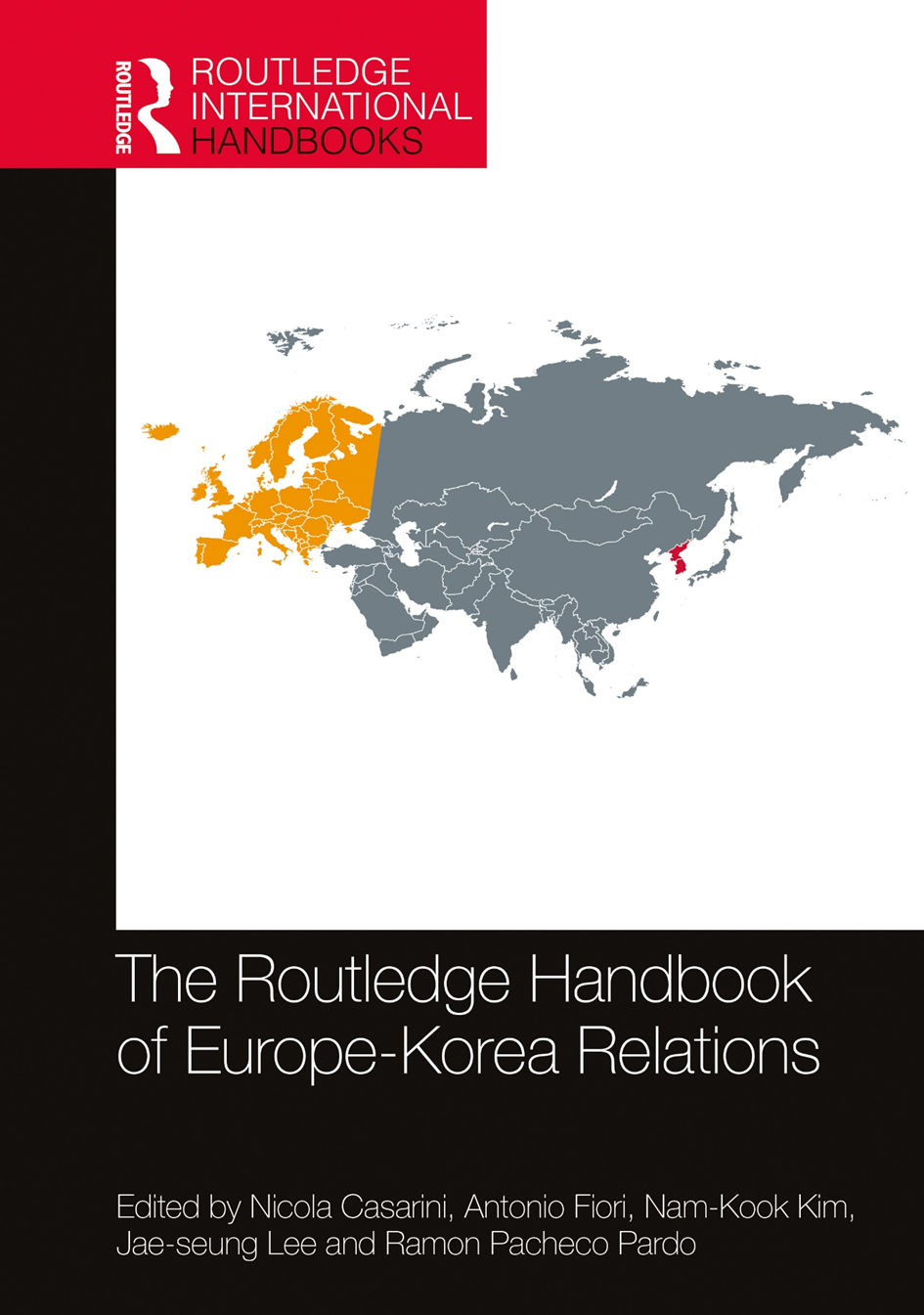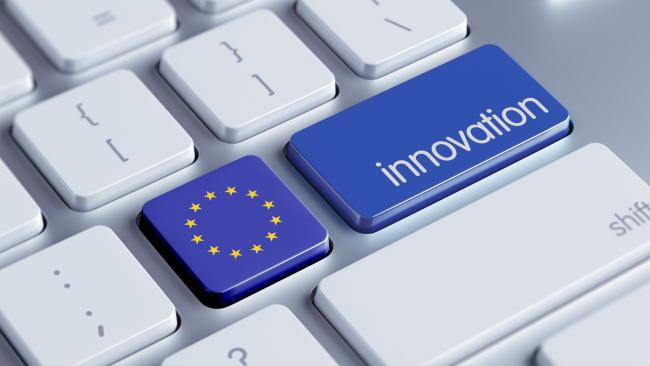Korea-EU Direct Investment Links: The Neglected Facet of a Tight Partnership

Despite their difference in size, Korea and the EU have developed over time a strong and deep relation through direct investment flows. Germany dominates the relationship, but there remains ample room for the other EU member-states to further develop their relations with Korea.
A striking feature of the relationship is the way complementarities between the two partners have been exploited. First, Korean investments have proven instrumental in helping and supporting the industrial development in Central and Eastern European countries (in particular the four Visegrad countries). Second, Korean investments in the most advanced EU member states as well as some of these countries’ investments in Korea increasingly aim at innovation and technology-based partnerships. Over time, Korea and its European partners have been heading towards closer partnerships, especially in innovative sectors.
In the coming years, two major factors can be expected to pave the way for a further deepening of the bilateral relationship. First, in the context of rising tensions between the United States and China, the two like-minded partners will likely be induced to engage in deeper cooperation. Second, in the wake of the Brexit, although the EU economy may go through a period of uncertainty, it will still provide great opportunities that Korean investors certainly do not want to miss.
> The full chapter is available in Nicolas Casarini, et. al. (eds.), The Routledge Handbook of Europe-Korea Relations, Routledge, Chapter 12, 2022.

Available in:
Regions and themes
ISBN / ISSN
Share
Find out more
Discover all our analysesThe EU and Innovation: When Business Meets Politics
Innovation, entrepreneurship, growth and competitiveness go hand in hand. This short paper looks at two areas where the EU plays a role to help drive innovation: regulation and financing.
A Transatlantic Free Trade Agreement? Weimar Triangle Analyses: French, Polish and German viewpoints on European questions
On an initiative of the German Council of Foreign Relations (DGAP), the Study Committee for Franco-German Relations (Cerfa) of the French Institute of International Relations (IFRI) and the Polish Institute of International Affairs (PISM) are regularly publishing short contributions on a common subject, written by three experts of these institutes. The purpose of these “Weimar Triangle Analyses” is to give the French, Polish, and German views on central questions of European politics and European integration.
Decoupling the Oil and Gas Prices: Natural Gas Pricing in the Post-Financial Crisis Market
This paper looks into natural gas pricing in the post-financial crisis market and, in particular, examines the question whether the oil-linked gas pricing system has outlived its utility as global gas markets mature and converge more rapidly than expected and as large new resources of unconventional gas shift the gas terms-of-trade.
What Is a Think Tank?
When I was laying the foundations for the French Institute of International Relations (Ifri)1 in 1978 and 1979, only a select few in France were familiar with the English term “think tank” and had at least an approximate idea of what it covered.
This term has become fashionable but still has no consensual definition.








